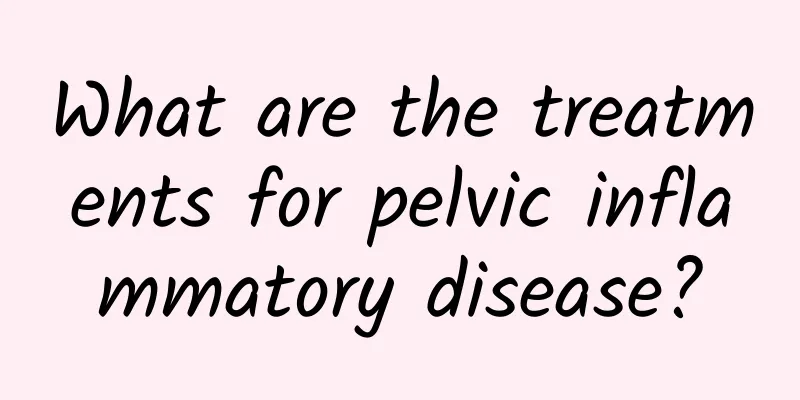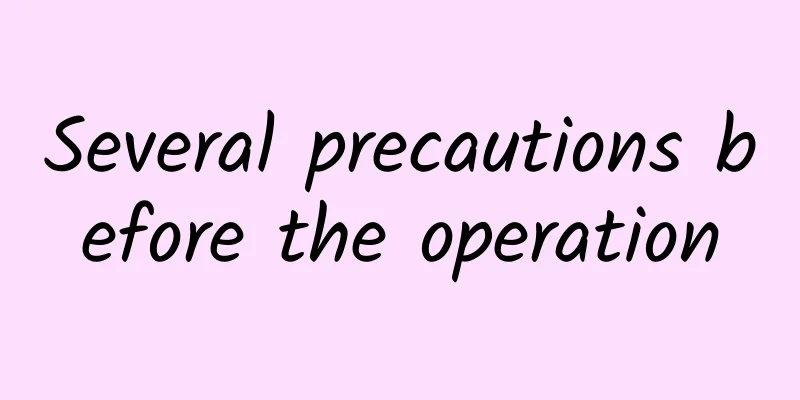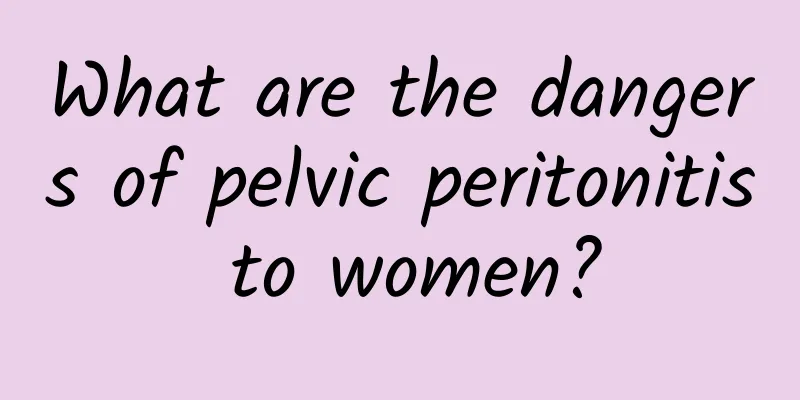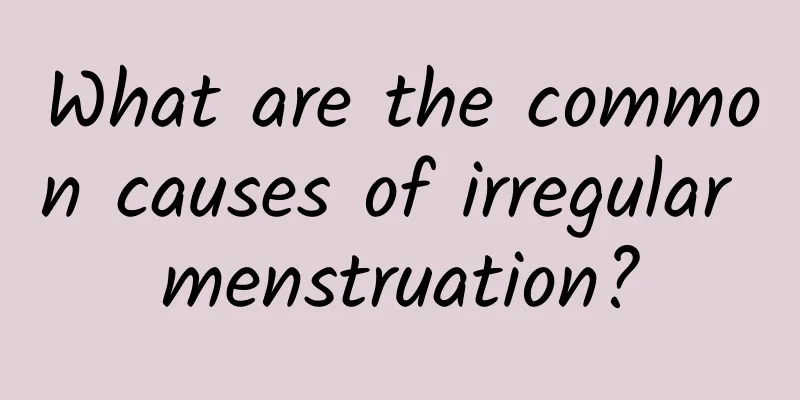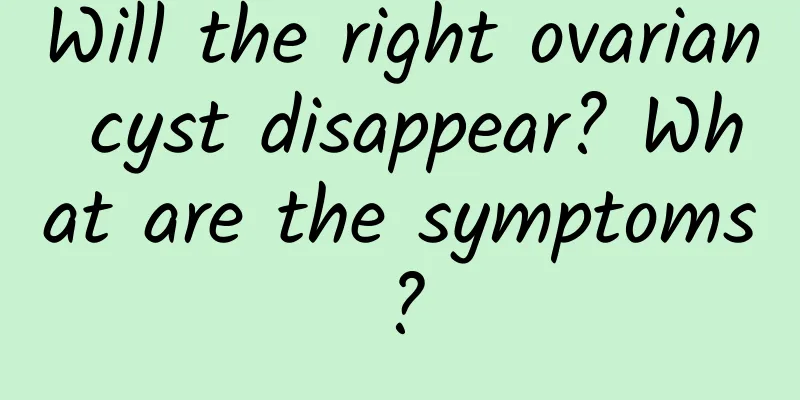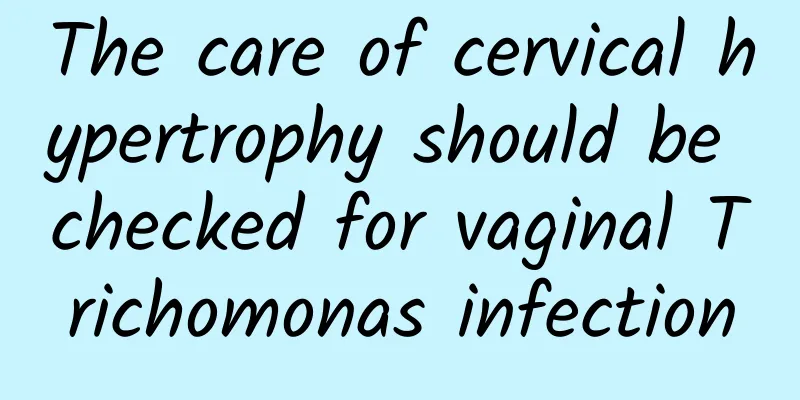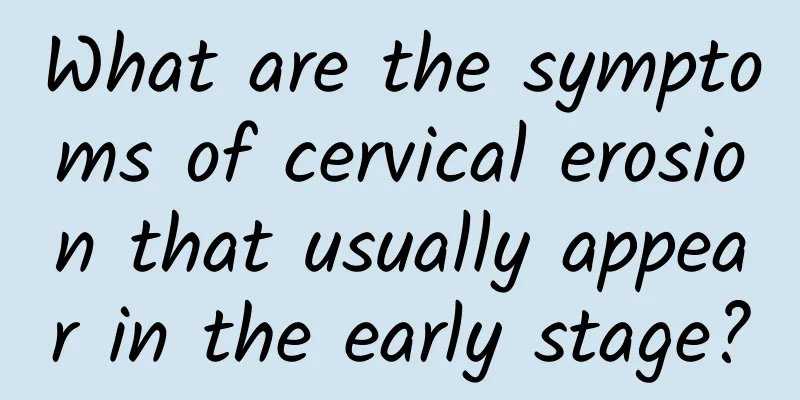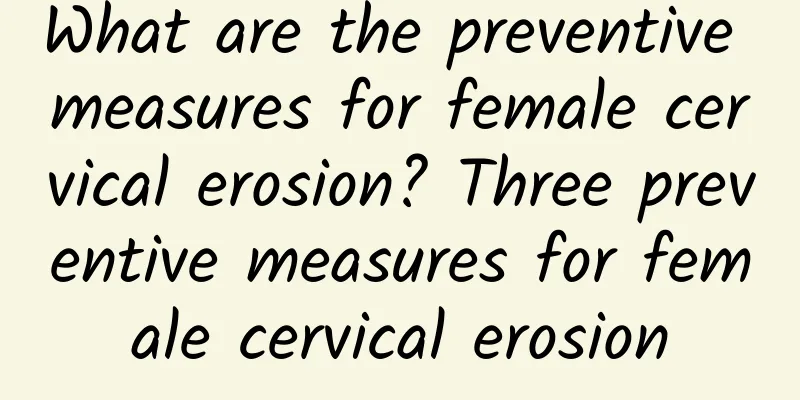What are multiple uterine fibroids? What are the treatments for multiple uterine fibroids?
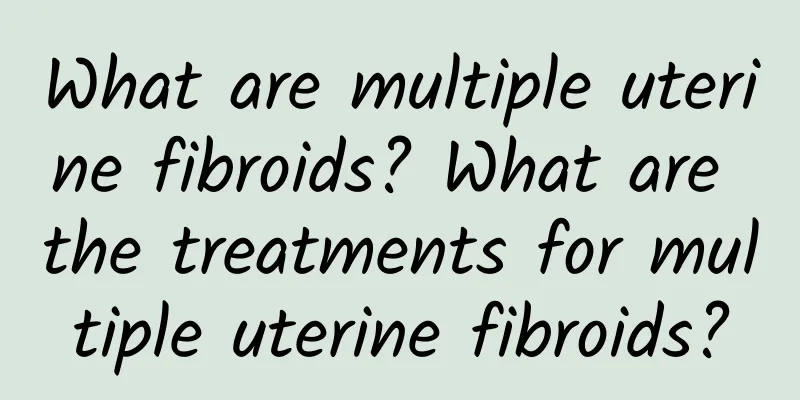
|
Multiple uterine fibroids are a type of uterine fibroids. Uterine fibroids are a common disease among female friends, and they often trouble female friends. The harm of uterine fibroids cannot be ignored. So, do you know what the treatment for multiple uterine fibroids is? The treatment method for multiple uterine fibroids depends on the patient's age, symptoms, number, location, size and growth rate of the fibroids. The following methods can be used to treat multiple uterine fibroids: 1. Surgical treatment: For large uterine fibroids (also known as uterine leiomyoma), myomectomy, hysterectomy or laparoscopic minimally invasive technology is used. It is suitable for patients with large fibroids, obvious symptoms, and ineffective non-surgical treatment. The advantage of surgical treatment is that the effect is fast, but if the root cause of endocrine disorders (endocrine disorders) is not changed, uterine fibroids (also known as uterine leiomyoma) are likely to recur. 2. Expectant treatment: The fibroid is small, asymptomatic, without complications, without degeneration, and has no impact on health. Go to a regular hospital for a checkup every 3-6 months. 3. The indications for drug treatment require young people to preserve their reproductive function. Infertility or miscarriage caused by fibroids in women of childbearing age. After drug treatment, fibroids shrink, promoting pregnancy and fetal survival. In the early stage, there are no symptoms, the fibroids are small, there is no complication examination, there is no fibroid degeneration, and there is no impact on health, so conservative treatment is adopted. Or patients approaching menopause have no obvious symptoms. After menopause, estrogen secretion decreases, ovarian function declines, leading to fibroid atrophy, and no treatment for uterine fibroids is required. Usually, only observation and follow-up are needed. If no problems are found, no treatment is required. If the above methods fail to treat uterine fibroids or the uterine fibroids increase rapidly and the symptoms are very obvious, and the examination also finds that the fibroids are degenerating, the treatment method for uterine fibroids is surgery. In addition, if the lesions are severe and cannot be completely removed, middle-aged and elderly women who have no fertility needs can directly undergo a total hysterectomy to completely suppress recurrence. |
<<: How to treat uterine fibroids? How to treat uterine fibroids conservatively
Recommend
You can't afford it! Hidden dangers of fat in diet
Your baby always stuffs snacks into his mouth one...
What should patients with uterine fibroids pay attention to?
Many patients are afraid of the appearance of ute...
Can patients with adenomyosis eat black fish?
Can people with adenomyosis eat black fish? If yo...
How to treat habitual miscarriage?
How to treat habitual miscarriage? Habitual misca...
Sugar is the "fire of inflammation" in the body and can cause bone and muscle loss! Nutritionist: How to manage a sugar-reduced or sugar-free diet
The body's "inflammatory fire" come...
Pelvic inflammatory disease discharge
The discharge from pelvic inflammatory disease us...
Three types of yogurt, analyzed by nutritionists!
In recent years, yogurt has become more and more ...
Don’t throw away the soybean dregs after drinking soy milk! 3 soybean dregs dishes to increase satiety and reduce edema
Soy milk is a very good health drink, so more and...
How to prevent ovarian cysts in women
At present, ovarian cysts are a common female dis...
How to differentiate habitual abortion
How to differentiate habitual miscarriage? Many p...
Song Joong-ki’s fitness coach teaches you: Stop pursuing thinness, micro muscle lines are popular!
The male god Song Joong-ki has an amazing physiqu...
Women need to know the symptoms of cervical erosion
Among gynecological diseases, cervical erosion is...
What should women do if they have cervical erosion? It is recommended to treat cervical erosion in this way
What should we do with cervical erosion? Cervical...
Will surgical treatment of chronic cervicitis in women hurt? Precautions for surgical treatment of chronic cervicitis in women
There will be slight pain in the surgical treatme...
Why is the probability of another ectopic pregnancy higher?
Some causes of ectopic pregnancy will seriously a...
